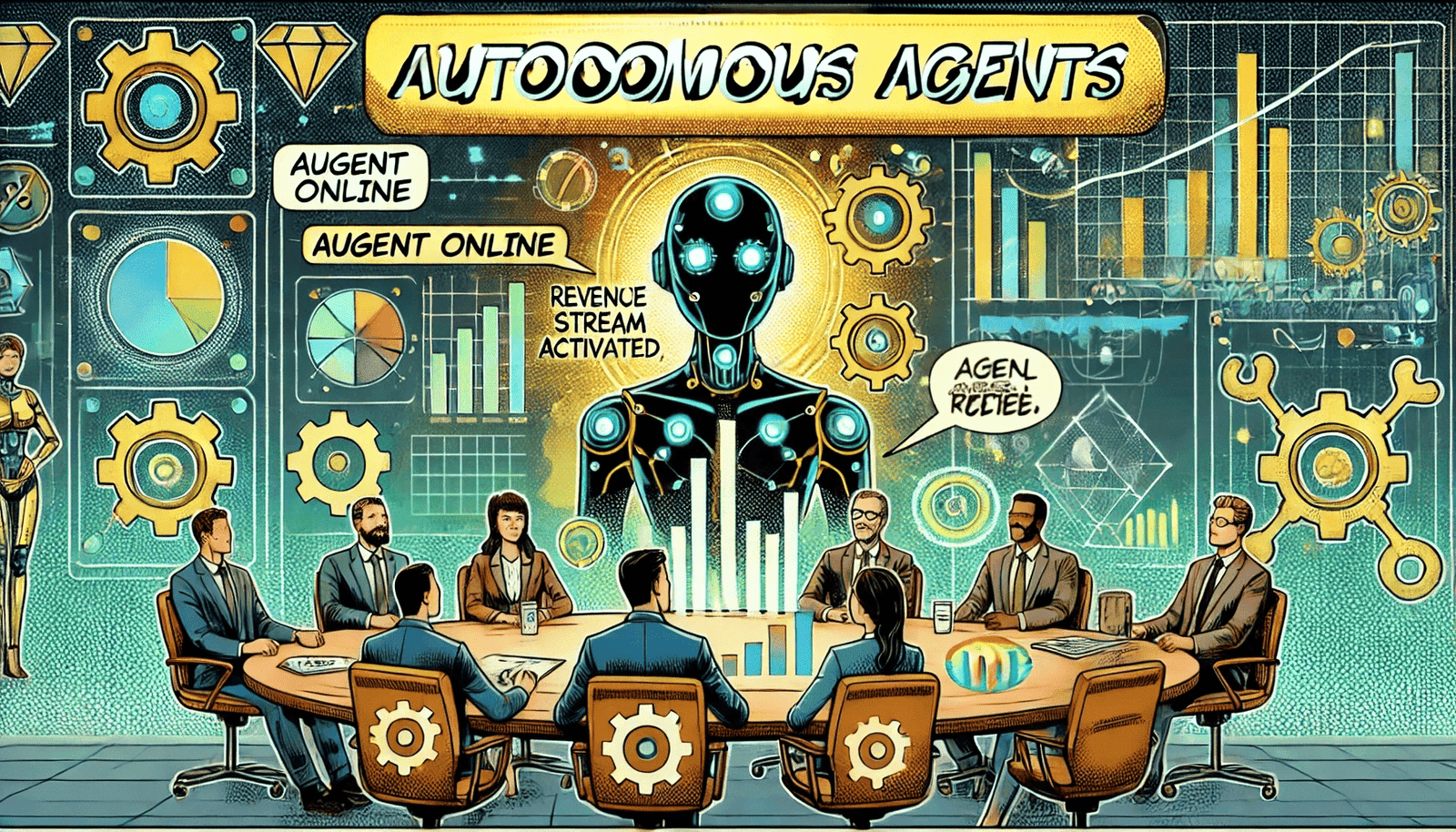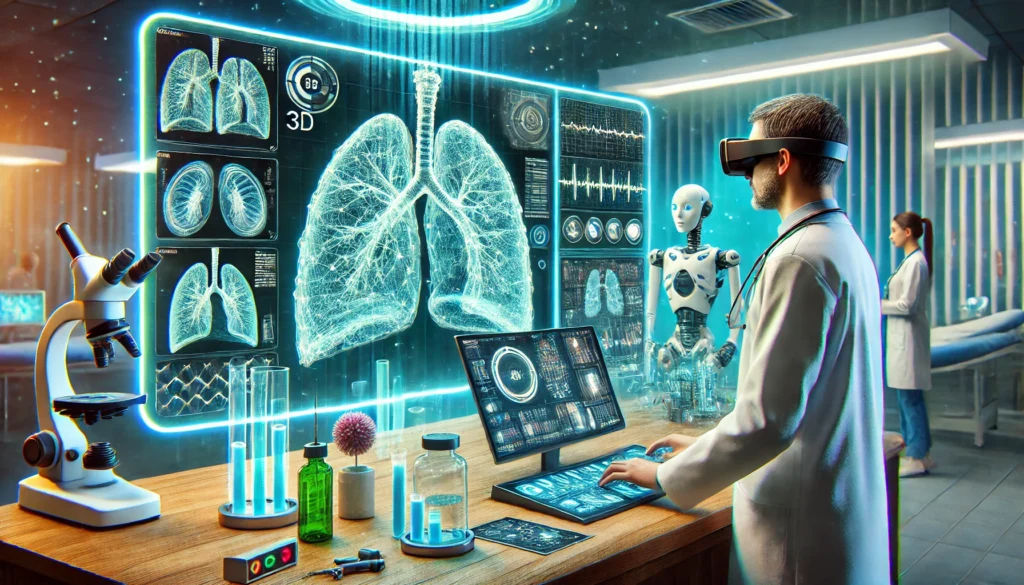Autonomous Agents and Profitability to Dominate AI Agenda in 2025, Executives Forecast
Artificial Intelligence (AI) is expected to take a big leap in 2025. During the Reuters NEXT conference in New York, top leaders in the tech industry predicted that AI will focus more on two major goals: building autonomous agents and making AI projects more profitable. Autonomous agents are smart systems that can do tasks on their own—like answering emails, organizing meetings, or analyzing data. At the same time, companies are no longer just chasing growth. They want AI tools that help them save money and earn more.
Executives from OpenAI, Northzone, BNY Mellon, AWS, and Google spoke about how AI is changing quickly and why 2025 will be a turning point. From better assistants to smarter business tools, AI is now becoming more useful and important in everyday work. Let’s explore what this all means.
In the past few years, AI has grown fast. Tools like ChatGPT and Google Bard helped people write, learn, and code. These tools are based on large language models (LLMs), which use massive amounts of text to learn how to respond in human-like ways. Now, the next step is creating autonomous agents—systems that not only talk or give answers but can also take actions on their own.
This idea of AI agents isn’t completely new, but it’s getting better and closer to real use. In 2025, companies want to put these agents to work—doing tasks without being told every step. Along with this, many startups and big businesses are realizing that just building cool AI isn’t enough. They also need to earn money and show long-term value. That’s why the focus is shifting toward making AI more useful for business goals.
Key Facts & Details
Autonomous Agents Are Coming Fast Autonomous AI agents are like digital helpers that don’t need to be told what to do every time. They can schedule meetings, order supplies, manage emails, or even analyze financial reports. Sarah Friar, CFO of OpenAI, said that these agents will become very common in 2025. She added, “People are going to be surprised at how fast this technology comes at us.” That means businesses and regular users should expect new kinds of AI tools that feel more like real helpers.
OpenAI Predicts Faster AGI Timeline Sarah Friar also made a bold statement: she doesn’t believe that Artificial General Intelligence (AGI) is ten years away. AGI refers to a future AI that can do almost any task a human can do—but faster and better. While many experts thought AGI was a long way off, Friar said it might come sooner than expected. If true, that would be a major change in how we use and interact with machines.
Big Businesses Use AI to Work Smarter Many companies are already testing or using AI agents. At BNY Mellon, a major financial company, thousands of workers are building their own AI agents to help them with daily tasks. CEO Robin Vince said that AI is helping their teams be more productive, find useful insights, and do things that used to take a long time. This shows how AI is moving from research labs to real offices.
AWS and Google Focus on Agentic AI Amazon Web Services (AWS) has created a new team to focus on agentic AI. This means they are working on tools that help people automate more parts of their jobs and lives. At the same time, Google launched the second version of its Gemini AI model. CEO Sundar Pichai said this is the start of a “new agentic era,” where AI systems can plan ahead and act on their own—still with human supervision.
AI Companies Shift to Profit Goals Molly Alter from the investment firm Northzone said that 2025 will be all about “profitability for AI.” Last year, companies just wanted to grow fast. Now, they want to see real business results. She explained that more companies will start asking, “If I use AI, are my margins going up?” That means AI will need to prove it can save money or earn more for businesses.
Analysis & Impact
Impact on Tech and Business This shift toward autonomous agents and profit-driven AI marks a big change. In the past, companies often used AI as an experiment or a way to look cool. Now, they want AI that can do real work. AI agents will likely take on boring, repetitive tasks so people can focus on more creative or high-level work. This will make businesses more efficient and may change how many jobs are done.
Challenges and Risks While AI agents sound exciting, they also come with challenges. If they make a mistake, who is responsible? Will they respect privacy? Will workers lose jobs? These are serious questions that need answers. Governments and tech leaders are starting to build rules to keep AI safe and fair. Also, not all businesses are ready to use advanced AI, especially small ones with less money or fewer tech experts.
Resources & References
- Reuters Autonomous agents and profitability to dominate AI agenda in 2025, executives forecast
- Reuters Amazon’s AWS forms new group focused on agentic AI
- OpenAI Executive Comments
- AWS and Google Product Announcements
- BNY Mellon AI Integration Report
AI in 2025 is all about doing more with less effort—and making sure that the tools we use actually help businesses grow. With autonomous agents on the rise and companies focusing on profit, we are entering a new chapter in the AI story. But it’s just the beginning.
What do you think? Are you excited or worried about AI agents doing more tasks? Should businesses focus more on profit or responsibility? Share your thoughts and follow us for the latest news on how AI is changing the world around us.



